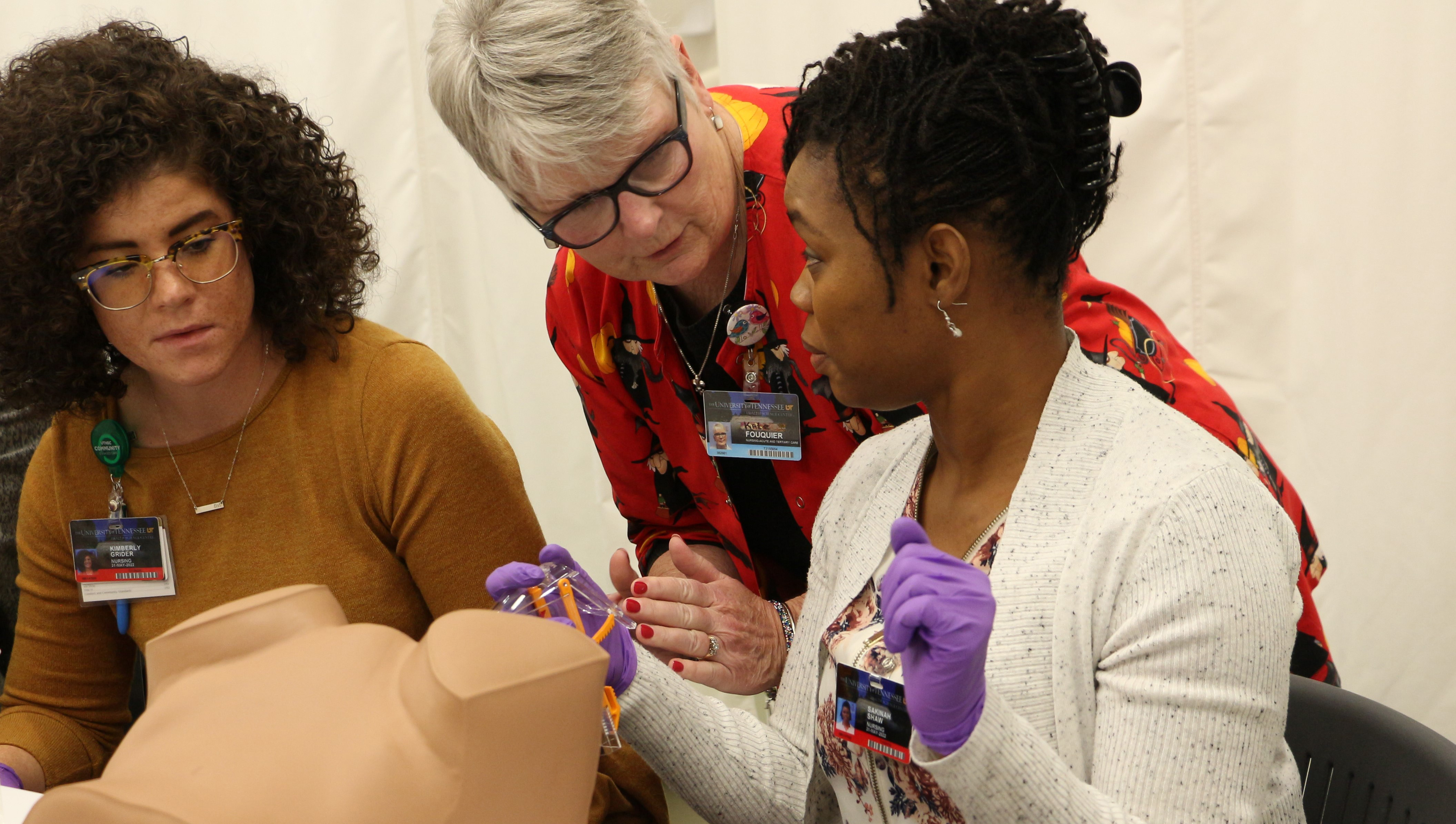DOI
10.21007/con.dnp.2023.0091
Faculty Advisor
Michelle Rickard, DNP, CPNP-AC
Document Type
Article
Publication Date
Spring 4-28-2024
Disciplines
Investigative Techniques | Medicine and Health Sciences | Nursing
Abstract
Purpose/Background
Ventilator-associated pneumonia (VAP) is a severe problem in pediatric intensive care units (PICUs), resulting in increased morbidity, mortality, duration of stay, and healthcare expenses. Traditional preventative measures are well-established, but the influence of ventilator filters in preventing VAP is unknown. The current evidence on the efficacy of VAP bundles and ventilator filters is variable and challenging to address. This scoping review aims to determine how VAP bundle compliance and ventilator filter utilization impact the incidence of VAP in mechanically ventilated pediatric critical care patients.
Methods
A scoping review was carried out per the Population, Concept, and Context (PCC) framework. We conducted a scoping literature review utilizing CINAHL and PubMed databases. 241 articles were initially identified and assessed, yielding 12 that met qualifying standards and were accepted. The Rapid Critical Appraisal (RCA) instrument from Ohio State University College of Nursing was used for data extraction, classification, and quality assessment. An outcome synthesis table and level of evidence table were used to synthesize the results.
Results
The scoping review included data from various Level I to VII studies, highlighting the importance of ventilator filters and VAP bundles. Although VAP bundles were consistently shown to reduce the incidence of VAP, the effects of HEPA filters varied in research findings. No literature discussed the direct correlation between HEPA filters and VAP incidence. This review concluded that the implementation of VAP bundles was consistent with a decrease in the duration of mechanical ventilation, hospital stay, ventilator-associated pneumonia incidence rates, mortality rates, and economic cost.
Implications for Nursing Practice
Ventilator filters, especially the HEPA variants, can stop disease spread. Numerous studies revealed modest reductions, underscoring the necessity for context-specific research. Since there are limitations due to the variability of patient demographics and interventions among studies, future research should adopt standardized methodologies to improve generalizability and identify the most effective preventative treatments for ventilator-associated pneumonia in pediatric critical care.
Recommended Citation
Moore, Morgan A. BSN, RN; Cherry, Kianna BSN, RN; Crenshaw, Mallory BSN, RN; Kincy, Rachel BSN, RN; Parnell, Christen N. BSN, RN; and Rickard, Michelle DNP, CPNP-AC , "Strategies to Reduce Ventilator-Associated Pneumonia Incidence in Mechanically Ventilated Pediatric Critical Care Patients: A Scoping Review" (2024). Doctor of Nursing Practice Projects. Paper 91. http://dx.doi.org/10.21007/con.dnp.2023.0091.
https://dc.uthsc.edu/dnp/91


